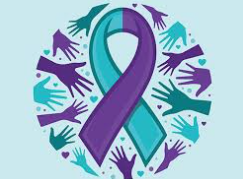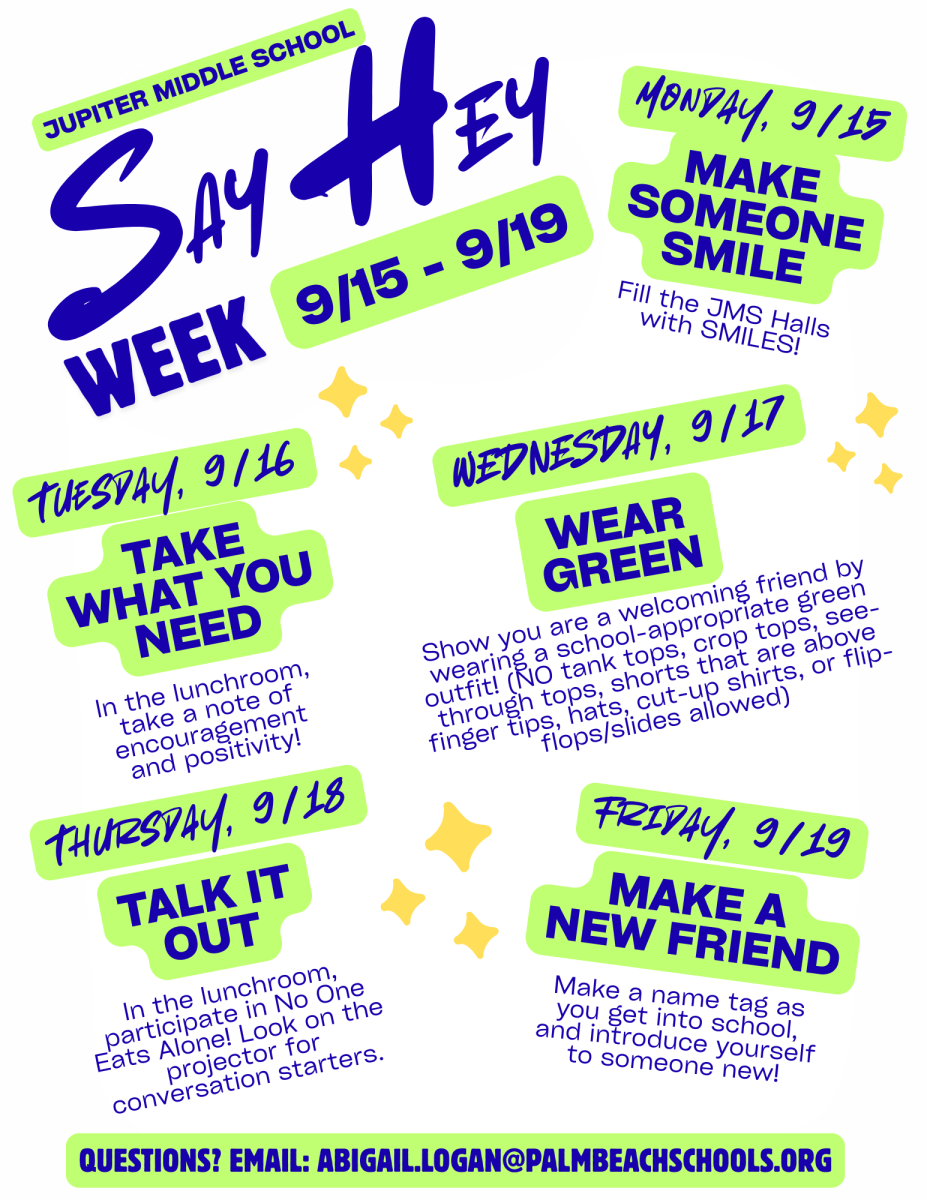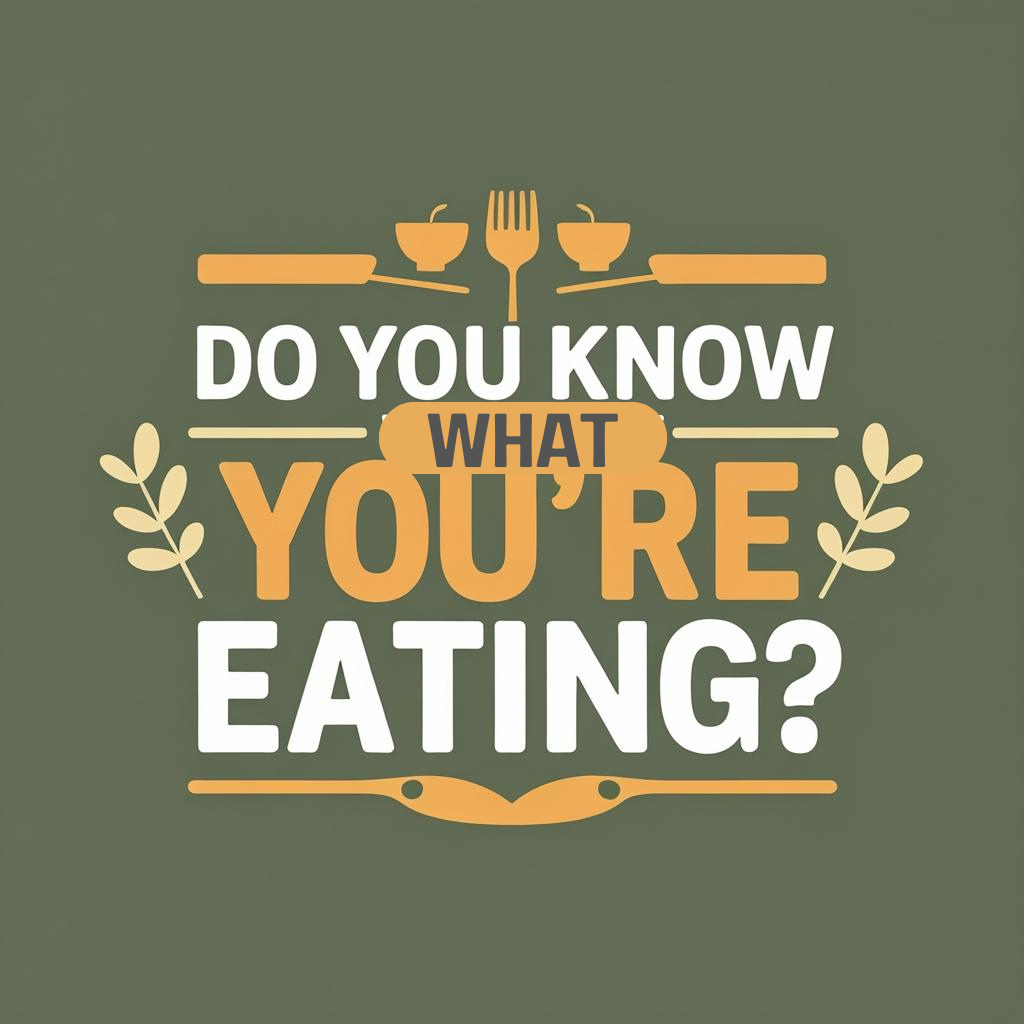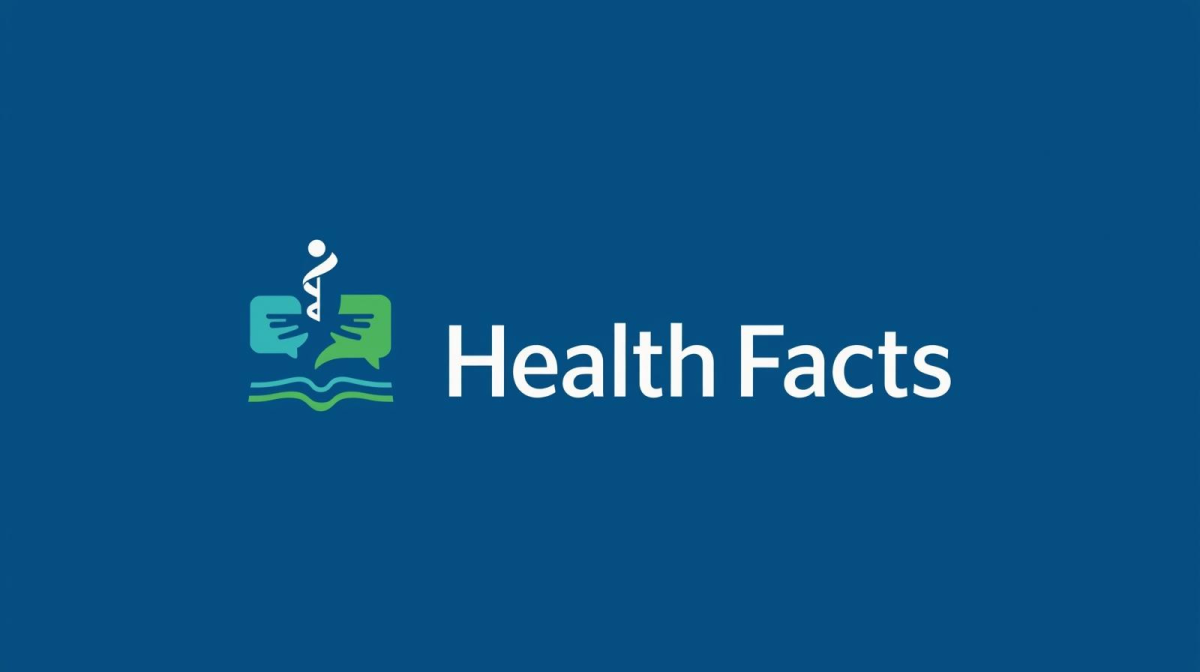Suicide prevention month takes place in the month of September. This month is dedicated to honoring those who have lost a loved one to suicide and to make others aware of the silent struggle that people deal with everyday.
What is Suicide?
Suicide is when people purposefully harm themselves, attempting to end their lives. Suicide can result in fatal or non-fatal injuries, non-fatal injuries are more common. However, suicide itself is a major concern and a sensitive matter. It is a leading cause of death in the United States. According to Suicide Prevention | Florida Department of Health, in 2022, Florida had 3,445 people commit suicide and 7,477 hospitalizations for non-fatal injuries among 22,276,132 Florida residents. Suicide rates are influenced by factors like age, race, and ethnicity. It is the second leading cause of death in ages 10-34, fourth leading cause of death in ages 34-45, and fifth leading cause of death in ages 45-54. American veterans, people in rural areas, and workers in certain groups such as mining or construction have higher-than-average suicide rates. Suicide is a major public health concern across the U.S. However, not all self-inflicted non-fatal injuries are suicide attempts.
Warning Signs of Suicide
By understanding all the signs, we can take precautionary steps beforehand. 1 in 5 kids struggle with mental health. Youth aged 10-24 have a higher risk of suicide attempts. “Some signs they tell us to look for would be withdrawing, attitude changes, their friend group is changing, extracurricular activities are different, and grades are slipping” says Mrs.Miller, our 8th grade Guidance Counselor. Some more risk factors in all ages include: wanting to die, having drastic changes in behavior, history of depression/ mental illnesses, high or violent conflicts in relationships, lack of connection with family/friends/community.
What to do if Your Friend is Having Suicidal Thoughts
It’s not easy for some people to talk about suicide. If your friend is having suicidal thoughts, the best thing to do is to convince them to talk to a trusted adult or a health professional. Tell them to reach out to their family or friends. Let them know that you are there for them. When they agree to talk to you, listen to them without judging. Show your concern through your “body language and compassionate statements”, as psychologist Laura Chakes said to the National Alliance on Mental Illness. You should ask them questions like:
- How long have you been feeling this way?
- Do you think about hurting yourself?
- Do you think about dying?
- Do you ever feel like your family or friends would be better off without you?
- Do you feel like you’re a burden to your loved ones?
Sometimes, people can’t put their feelings into words. These questions can help them open up about what they are going through. Here are some questions you should avoid asking:
- Why would you want to kill yourself?
- Aren’t you being dramatic?
- Don’t you understand how much this will hurt your loved ones?
- Other people have worse situations. Why are you being so sad?
- You have so much to live for. Why do you want to take this step?
Even if your intentions are good, these questions can make your friend feel guilty and ashamed. They might feel like you don’t believe them or take them seriously. By asking with care and avoiding judgment, you can show your friend that you are always there for them.
Resources for Help
There are so many resources for people struggling with thoughts of suicide, whether that be a phone number or website. Remember, if you or a friend is in danger, call 911 immediately. If you see something, say something.
- 988: The number 988 is the “Suicide and Crisis Lifeline”. It is available 24 hours a day for text or call. If you were to dial it into your device, you are instantly connected with a trained professional and they give you judgment free advice.
- (800)-273-8255: This number is the national suicide prevention line, although it will automatically route callers to 988.
- Text HOME to 741741: This is the “Suicide Crisis Text Line”. You just need to text ‘HOME’ on the given number (741741) and you will be connected to a crisis counselor.
- Florida’s Comprehensive Suicide Prevention Program: A prevention program led by the Florida Department of Health. Their goal is to reduce the number of suicides that occur every year.





